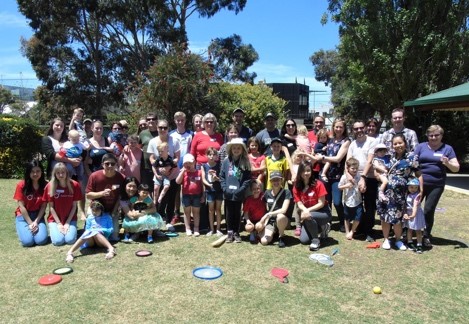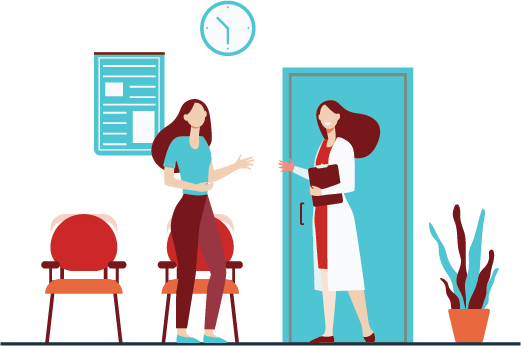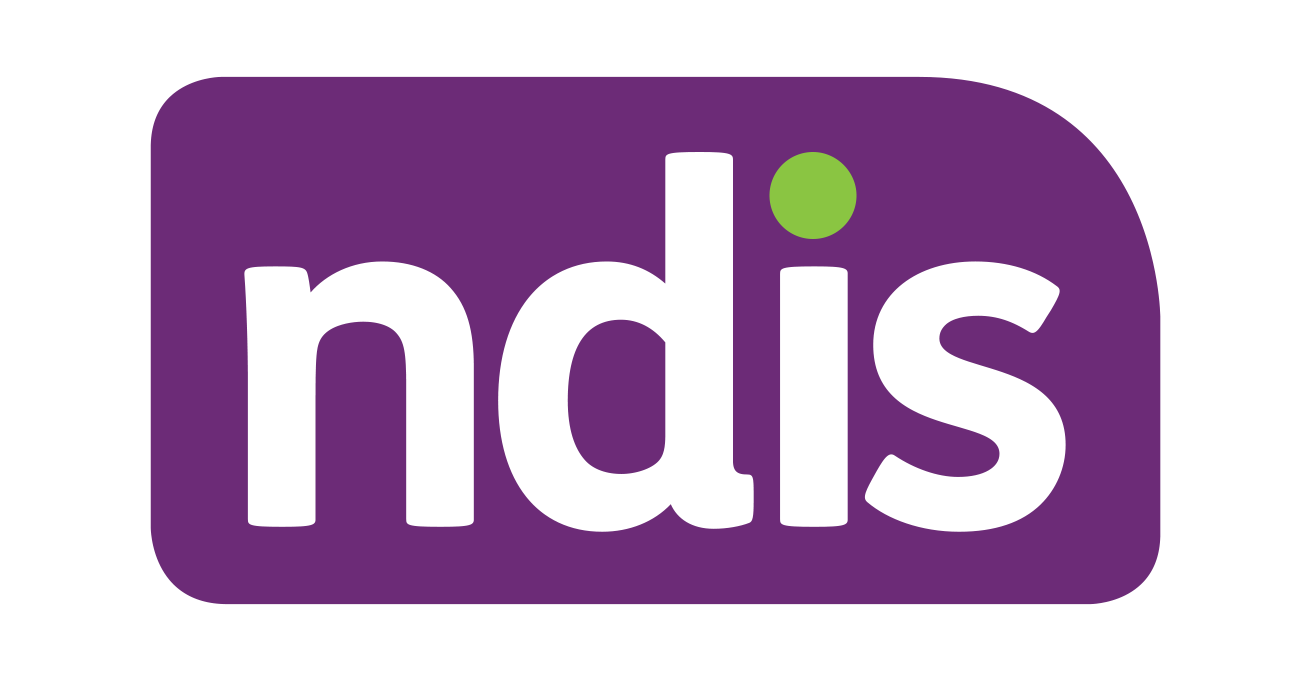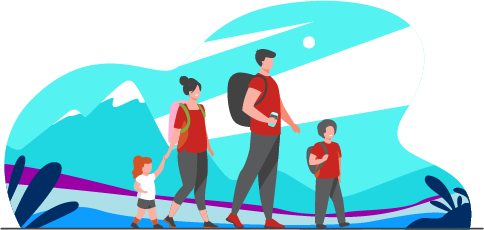GETTING CONNECTED
Getting Connected is about finding the right support network to help provide you with confidence, peace of mind and ideas about caring for your little one.
After Finding Out about your child’s hand difference, it is possible that you were given many referrals. Many parents find this overwhelming, especially parents having their first baby.
See below for a list of Medical & Health Professionals that Aussie Hands parents have found useful.


Support Networks
Accessing support groups
According to workshops conducted, accessing support groups was the #1 way that new parents found out the information they needed to know. This is not surprising. Research has consistently shown that support groups foster personal empowerment and an improvement of overall wellbeing for their members (Barak et al., 2008).
Read More
 Hearing the stories of parents in similar situations to your own can provide you with new perspectives, reassurance, and advice. Seeing other children with a hand difference thriving and adapting can also be reassuring. Support groups helped Aussie Hands member Joanne feel like her daughter’s hand difference is ‘Not such a big deal.’
Hearing the stories of parents in similar situations to your own can provide you with new perspectives, reassurance, and advice. Seeing other children with a hand difference thriving and adapting can also be reassuring. Support groups helped Aussie Hands member Joanne feel like her daughter’s hand difference is ‘Not such a big deal.’
As your child gets older, support groups may also be beneficial for them. Seeing other children with a hand or upper limb difference like their own can be exciting. It reassures them that they are not the only one, and often provides them with an immediate friendship.
Some support groups that you can find out about include:
Counselling
Finding out that your child has an upper limb difference can be an overwhelming experience for many parents. You may wish to speak with a counsellor or psychologist who can support you in navigating through the experience.
If you are a Medicare card holder you may be eligible for a Mental Health Treatment Plan.
Read More
This will entitle you to a government rebate on up to 20 appointments per year with a mental health professional. If this is something you’d like to consider, contact your GP.
For further information:
Better Access Rebates
Beyond Blue
headspace
Speaking with a social worker
Social workers are a part of most hospitals, and limb difference clinics usually have one in their team. Their role is to provide psychosocial support. This can include:
- Being a communicator between you and the hospital system
- Counselling
- Advocating for you and your child
- Providing you with additional resources.
Read More
You can also contact a social worker outside of a hospital setting for short term counselling. This service is free through the Australian Government, and you can contact a social worker by calling Centrelink.
Health Professionals

It can be hard to retain all the information during a medical appointment, so we asked Australian Hand Difference Register Coordinator, Joanne Kennedy, for her advice on how to get the most out of your appointments:
Keep a piece of paper nearby
In the lead up to your appointment, if you keep a piece of paper nearby, you can write down questions you’d like to ask as you think of them. You could also use the notes function in your phone. Being able to refer to the questions you want to ask is a good way to ensure you get the information you need.
Take notes in your appointment
This ensures that you can look over the information again later. It can also be good to take someone else with you to the appointment. They might pick up on pieces of information that you miss.
See below for a list of Medical & Health Professionals that Aussie Hands parents have found useful.

NDIS
If your child is accepted, they will receive a plan that is reviewed every year. This is to ensure that your child is adequately covered, and the plan may require adjustments as your child’s needs change.
Starting Childcare

Approximately 60% of Aussie children will participate in formal childcare. We have created short pamphlet for parents of children with a hand difference who will be starting child care for the first time.





 An occupational therapist is an allied health professional that brings a holistic approach to the health and wellbeing of their clients. In occupational therapy, ‘occupation’ refers to an individual’s capability to participate in activities that are meaningful to them. Occupational therapists support children to participate in developmentally appropriate activities, like eating, getting dressed, playing and completing school work.
An occupational therapist is an allied health professional that brings a holistic approach to the health and wellbeing of their clients. In occupational therapy, ‘occupation’ refers to an individual’s capability to participate in activities that are meaningful to them. Occupational therapists support children to participate in developmentally appropriate activities, like eating, getting dressed, playing and completing school work.